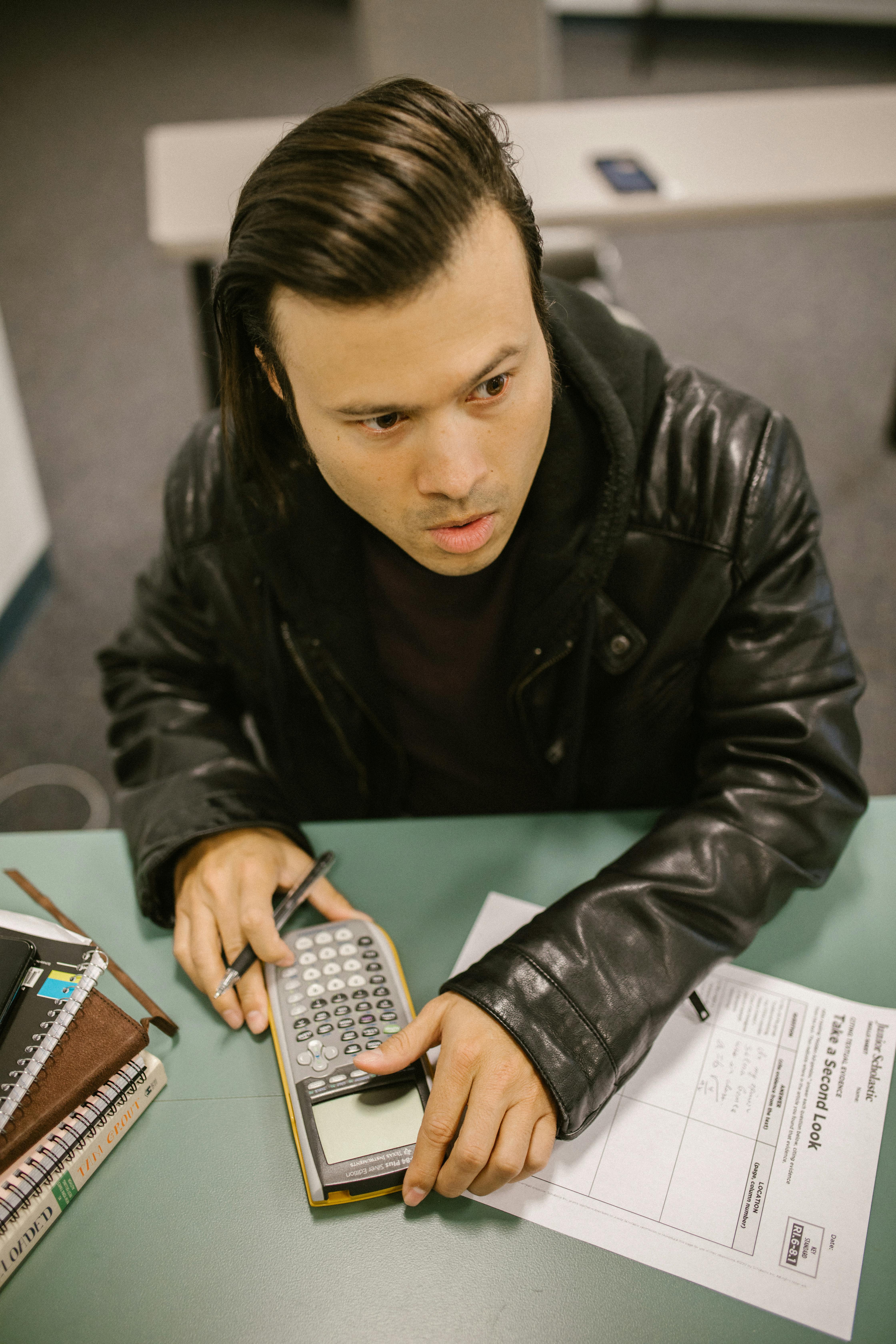
How to Properly Cook a Whole Chicken in the Oven: Essential Tips for 2025
Cooking a whole chicken in the oven can be a delightful and fulfilling experience, especially when aiming for that perfect roast. Whether you're cooking for a family gathering or a simple dinner, mastering this skill is essential. A well-cooked chicken not only brings flavor but also nutrition, making it a staple in many households. In 2025, the popularity of oven-roasted chicken continues to thrive thanks to its versatility and straightforward technique.
In this guide, we will explore the best methods and tips for cooking a whole chicken perfectly. Furthermore, we will discuss oven settings, cooking times, temperature recommendations, and the ideal preparation methods. You will also find answers to common questions about chicken doneness, flavoring techniques, and more.
Key takeaways will include understanding the cooking time per pound, achieving crispy skin, and troubleshooting any issues that may arise during the cooking process.

Essential Cooking Times for Whole Chickens
Understanding the basic cooking times is crucial when roasting a whole chicken. Depending on the weight of the chicken, the cooking time will vary significantly. For optimal results, the general guideline is to cook the chicken at 350°F for approximately 20 minutes per pound. This method ensures even cooking and juiciness.
Calculating the Ideal Cooking Time
To calculate the ideal cooking time, first determine the weight of your whole chicken. For a 4-pound chicken, you can expect a cooking time of about 1 hour and 20 minutes, while a 5-pound chicken might take about 1 hour and 40 minutes. Always round up to the nearest whole number to avoid any surprises.
Using a Meat Thermometer
A meat thermometer is an invaluable tool in determining doneness. Insert the thermometer into the thickest part of the breast, aiming for an internal temperature of 165°F. This ensures the chicken is cooked thoroughly, preventing foodborne illnesses. Remember to let the chicken rest for at least 15-20 minutes before carving, allowing the juices to redistribute for a juicy roast.
Connecting Oven Temperature and Cooking Time
The temperature for cooking a whole chicken significantly influences the cooking duration. Cooking chicken at 375°F may reduce the total cooking time slightly but could lead to a drier texture if overcooked. The recommended oven roast whole chicken temperature balances both time and moisture.
Preparation: Seasoning and Brining
Proper preparation is essential in achieving a flavorful roast chicken. Brining, seasoning, and ensuring the right methods are essential steps alongside cooking times.
Brining for Flavor Enhancement
Brining your chicken before roasting can enhance flavor and moisture. To brine, dissolve salt in water and submerge the chicken for a few hours or overnight. This process increases the overall juiciness of the meat and provides a deliciously seasoned end result.
How to Season Your Whole Chicken
Seasoning is a key factor in roasting. Use a blend of herbs and spices such as thyme, rosemary, garlic, salt, and pepper to create an herb-roasted chicken. Rub the mixture underneath the skin and on the surface to achieve maximum flavor. Additionally, stuffing the cavity with lemon and herbs can impart uplifting aromas and tastes.
Prepping Your Chicken for the Oven
Before placing your chicken in the oven, ensure that it is fully dried and that the skin is intact, as a dry surface promotes crispy skin. Trussing the chicken with kitchen twine will help retain moisture and create a uniform cooking experience.
Oven Settings and Cooking Techniques
The settings of your oven matter significantly for achieving the best results when cooking chicken. Choosing convection settings can speed up the cooking process while ensuring even heat distribution.
The Best Oven Settings for Roasting
The best way to cook whole chicken involves setting your oven between 350°F to 375°F. These temperatures contribute to achieving a golden brown exterior while ensuring that the inside remains juicy. If you prefer a crispier skin, consider increasing the temperature to 400°F in the last 15 minutes of cooking.
Common Mistakes to Avoid in Oven Roasting
One common mistake is not monitoring the chicken's internal temperature carefully. Another is over-cooking, leading to dry meat. Avoid these pitfalls by regularly checking for doneness and sticking to the recommended cooking times based on the weight. Additionally, failing to preheat the oven can hinder the cooking process.
Juicy Roasted Chicken Techniques
To maximize juiciness, consider techniques such as basting the chicken with its juices or an oil mixture throughout the roasting process. This step encourages moist meat and enhances flavor. Also, leaving the skin intact is crucial for moisture retention.
Post-Cooking: Resting and Serving
After cooking, resting the chicken is essential for the best-tasting results. During this time, various serving suggestions can enhance your meal’s overall experience.
Understanding Rest Time for Chicken
Resting allows the juices to settle within the meat. Let the whole chicken rest for at least 15 to 20 minutes post-roasting before carving. This prevents juices from leaking out during slicing, resulting in a more succulent dish.
Serving Suggestions with Roast Chicken
Consider pairing your roast chicken with sides like roasted vegetables, mashed potatoes, or a fresh salad for a complete meal. Additionally, offering various sauces or gravies can complement the chicken's flavor beautifully.
Creative Ways to Use Leftover Chicken
Once you've enjoyed your roast chicken, consider utilizing the leftovers in dishes like sandwiches, salads, or casseroles. Another excellent idea is making broth from leftover bones, providing flavor and nutrients for future meals.

FAQs About Whole Chicken Cooking
How long does it take to roast a chicken at 350°F?
Typically, it takes about 20 minutes per pound at 350°F. Therefore, a 4-pound chicken would need around 1 hour and 20 minutes.
What should I do if the chicken is still undercooked?
If you find the chicken is not done, return it to the oven and continue cooking, checking the temperature every 10 minutes until it reaches 165°F.
What are the best herbs for seasoning chicken?
Popular herbs for seasoning include thyme, rosemary, and oregano. Using a combination can yield a flavorful dish and add aroma during cooking.
Roasting a whole chicken is an art that can yield delicious results. Follow these essential tips to ensure a perfectly cooked bird that encourages delicious meals and special moments with family and friends.